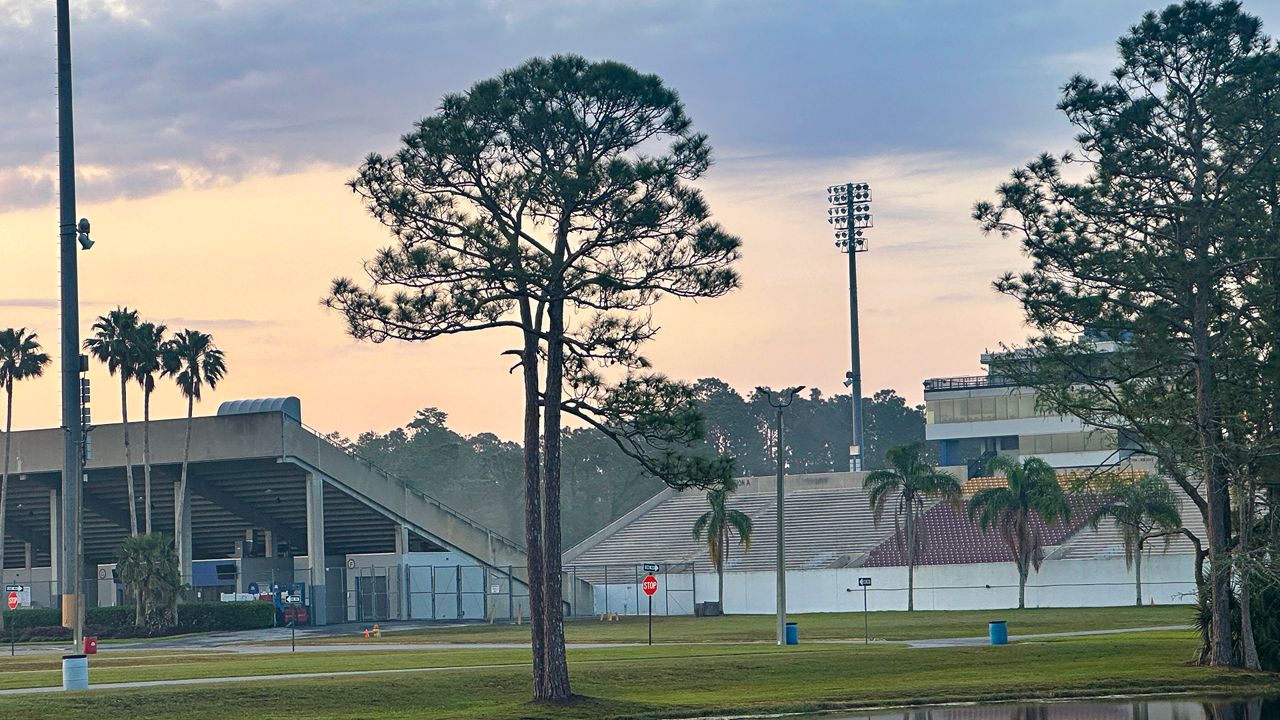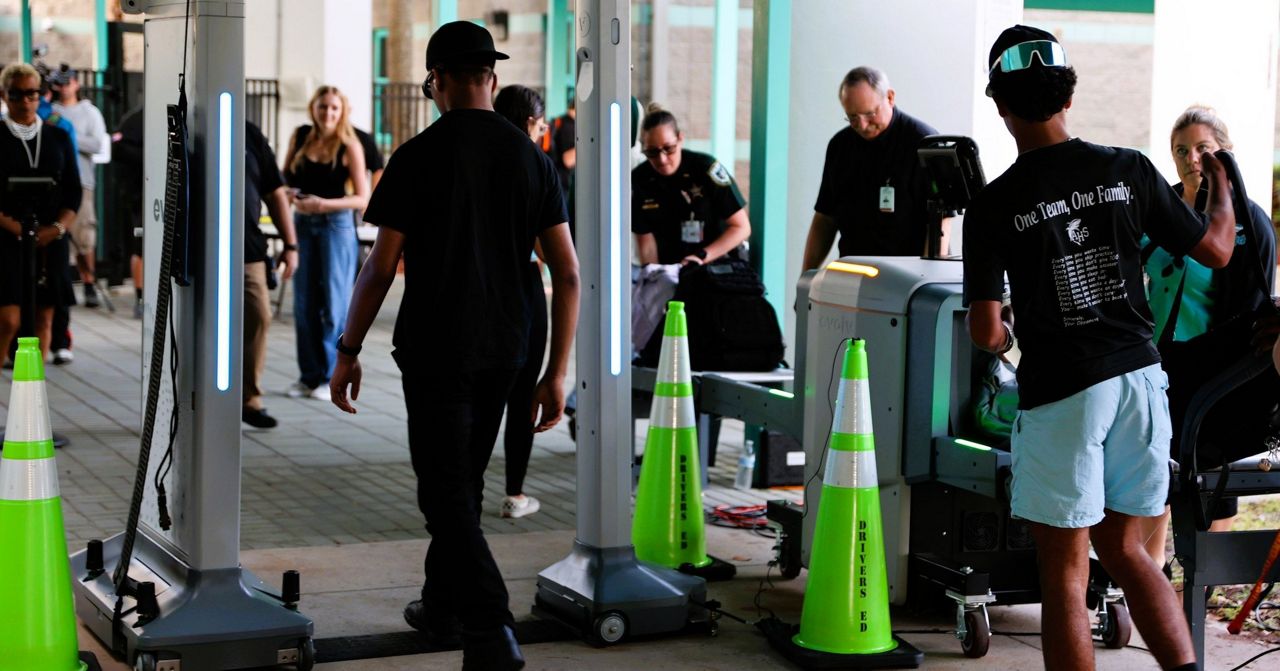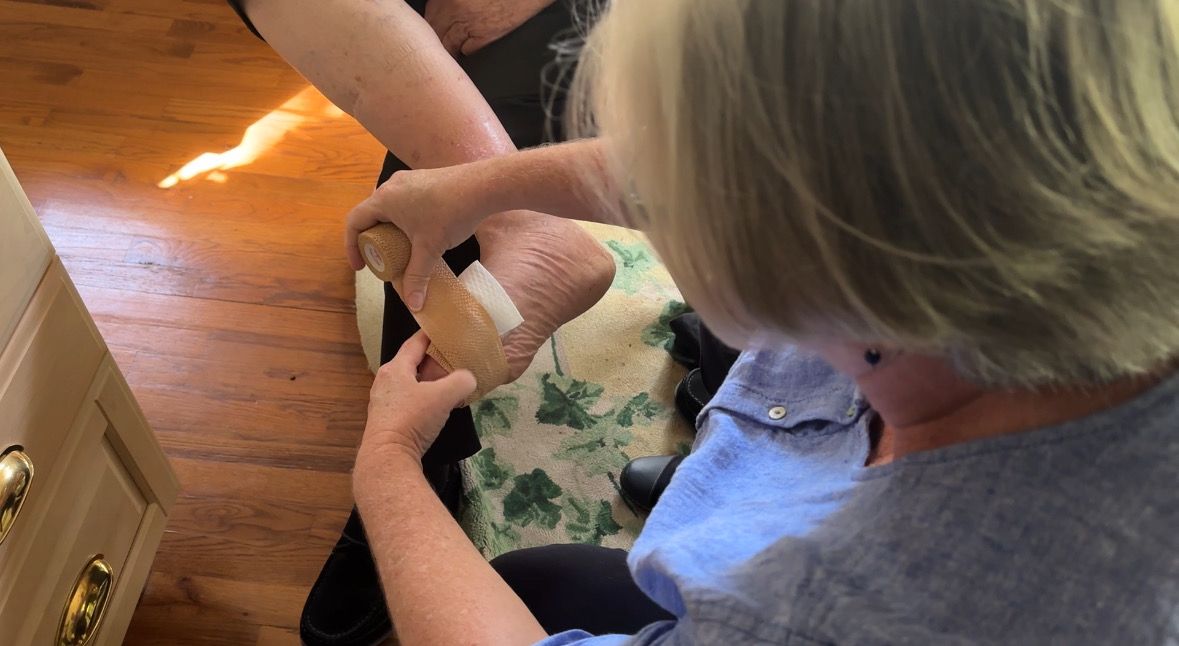PONCE INLET, Fla. — It’s a change that could affect funerals, memorial services and other ceremonies in the Sunshine State. Starting this month, a statewide balloon release ban is in effect to protect turtles and other marine life.
The new law bans the intentional release of balloons. It went into effect on July 1. Previously, state law banned releases of more than 10 balloons in a 24-hour period. Now, all balloon releases are illegal, including biodegradable balloons.
In Ponce Inlet, the Marine Science Center’s sea turtle hospital rehabilitates injured turtles. Alyssa Hancock, the assistant manager of sea turtle rehab, said that while sea turtles are being treated, staff members often find plastics the turtles have ingested. She said this sometimes includes balloons. Hancock said when a balloon lands in the ocean, turtles and other marine life can mistake it for food.
“Sometimes in the water they’ll look like a food source,” she said. “So, they might ingest them and they’re not able to spit it back out.”
Hancock said balloons can cause blockages that can eventually lead to death for both turtles and other marine life.
“Balloon releases can be difficult because we want to honor people, but they do end up in the ocean,” she said. “So, basically, not only turtles will be affected by it, but a lot of our other marine life.”
Hancock said some environmentally friendly alternatives to balloon releases include candlelight vigils, planting native plants and spreading wildflower seed.
Hancock has been working at the Marine Science Center for five years, where dozens are of turtles are rehabilitated every year.
“We take turtles that are injured from the wild or that are ill,” Hancock said. “We’ll give them medications and fluids and monitor them with x-rays and exams, and then the eventual goal is to get them back out to the ocean.”
So far this year, the Marine Science Center’s sea turtle hospital has treated 169 sea turtles — already surpassing last year’s numbers, just halfway through the year. Right now, 15 sea turtles, including loggerheads and green sea turtles, are currently being treated. Hancock said that when turtles come to the hospital, they’re at their very worst, so being able to treat them and watch them get better is what makes it all worth it.
“Eventually, you know, when we get to release them at the ocean, it’s like a full circle moment,” she said. “It’s just something that’s really powerful and we can tell we’re making an impact.”
Hancock said that while the balloon ban won’t get rid of all the plastics in the ocean, she hopes it will reduce the amount of plastics that turtles consume.
“With the balloon ban in place, I think we’ll still see plastic internally in these turtles, but we’re hoping that we won’t see quite as many now that there won’t be balloons being released over the ocean,” she said.
Anyone found intentionally releasing a balloon can be fined $150 for littering. The penalty does not apply to children under seven. To read the law’s full text, see here.
This Thursday, July 11, at 10:00 am, the Marine Science Center will release a subadult loggerhead in Ponce Inlet after three months of rehabilitation. Read the event details here.









